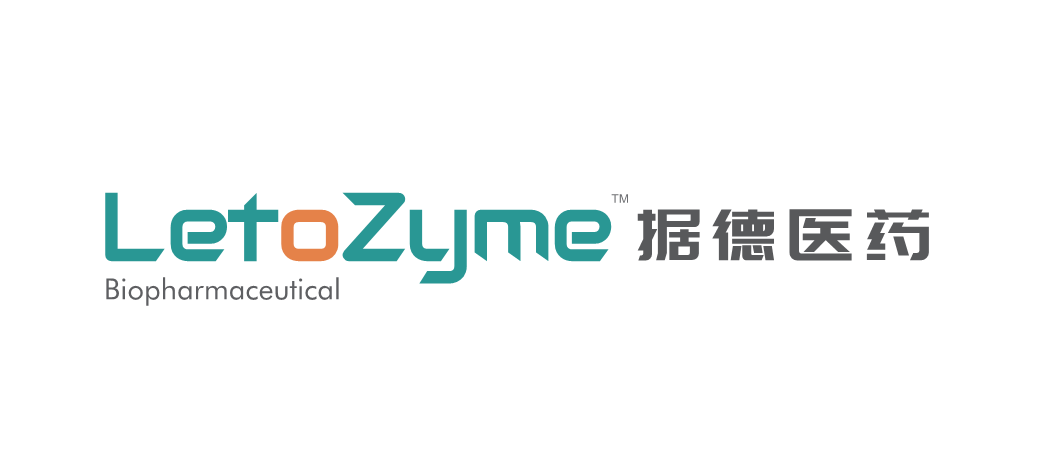Advanced Protein Technologies and Drug Development
Bridging the gap of technological advances in life sciences between China and the world
- Recombined human IFN-γ
-
Catalog Number:
LT0106
Synonyms:
IFNG, IFG, IFI, nterferon gamma, IMD69
Description:
IFN-γ is an acid-labile interferon produced by CD4 and CD8 T lymphocytes as well as activated NK cells. IFN-γ receptors are present in most immune cells, which respond to IFN-γ signaling by increasing the surface expression of class I MHC proteins. This promotes the presentation of antigen to T-helper (CD4+) cells. IFN-γ signaling in antigen-presenting cells, and antigen-recognizing B and T lymphocytes, regulates the antigen-specific phases of the immune response. Additionally, IFN-γ stimulates a number of lymphoid cell functions, including the anti-microbial and anti-tumor responses of macrophages, NK cells, and neutrophils. Human IFN-γ is species-specific and is biologically active only in human and primate cells. Recombinant Human IFN-γ is a 16.8 kDa protein containing 144 amino acid residues.
Sequence:
MQDPYVKEAE NLKKYFNAGH SDVADNGTLF LGILKNWKEE SDRKIMQSQI VSFYFKLFKN FKDDQSIQKS VETIKEDMNV KFFNSNKKKR DDFEKLTNYS VTDLNVQRKA IHELIQVMAE LSPAAKTGKR KRSQMLFQGR RASQ
Source:
E.coli
Purity:
Greater than 98% by SDS-PAGE gel and HPLC analyses.
SDS-PAGE result
HPLC result


生物活性:
Assay #1: Determined by its ability to induce apoptosis in HeLa cells. The expected ED50 for this effect is 5.0-10.0 ng/ml.
Assay #2: The ED50 determined by a cytotoxicity assay using HT-29 cells is ≤ 0.05 ng/ml, corresponding to a specific activity of ≥ 2 x 107 units/mg.
Copyright © 2021 Leto Laboratories Co.,Ltd.All rights
reserved。京ICP备2022031530号 copyright:Beijing Leto Laboratories
Biotechnology Co., Ltd  京公网安备
11011402011944号
京公网安备
11011402011944号


